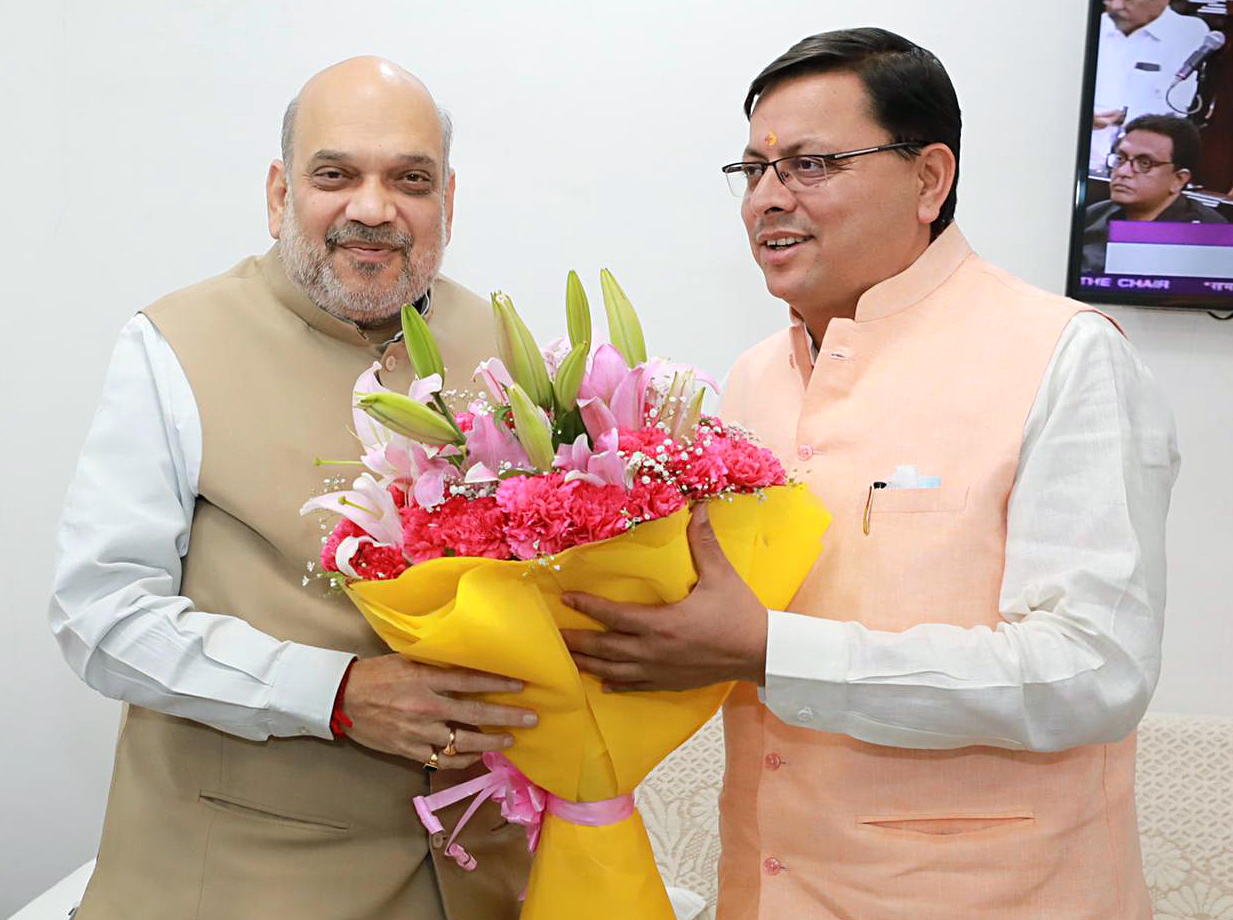Goa inherited uniform civil law from the Portuguese and since 1961 this common law has been part of India’s statute.
Enshrined as a Directive Principle of State Policy in the Constitution of India and mentioned in the BJP manifestos of 1998 and 2019, will Uniform Civil Code (UCC)—a common personal law for all Indians regardless of religion, sex, gender and sexual orientation—be a reality as India embarks on its 75th year of Independence? A decision of the Pushkar Singh Dhami-led Uttarakhand cabinet, taken in its very first meeting after the elections provides a beacon of hope. Will Dhami be able to herald a change which two BJP MPs failed to do when they introduced legislation in November 2019 and March 2020, respectively, which were later withdrawn as political resolution on the issue was not forthcoming? A law passed by Uttarakhand will have state-specific application, but it certainly will open the sluice gate for similar action elsewhere.
Talk of the need for Uniform Civil Code is of 1948 vintage. Jawaharlal Nehru and B.R. Ambedkar were favourably disposed but conservative thought prevailed. British divide and rule saw enactment of separate personal laws for different religions and free India inherited that legacy. Portuguese Civil Code, a common personal law for Catholics, Protestants, Hindus and Muslims was in force in Goa, Daman and Diu when these territories were liberated in December 1961: The Goa Family law, which came into force after amalgamation of these territories into the Union of India, was a successor to the Portuguese common law and these became part of the Indian statute. Thus since 1961 a part of India has harmoniously implemented the Uniform Civil Code.
The Seventh Schedule of the Constitution, which defines and specifies allocation of powers and functions between the Union and the States, has a concurrent list which empowers Uttarakhand to legislate a proposed UCC—it will be subject to assent by the President of India. No state law can be in conflict with a Central legislation. Thus if the President’s assent is granted to Pushkar Dhami’s move, it will in effect signal the Union Cabinet’s approval—will this nod be followed up by an all-India enactment by Parliament?
Article 44, which is part of Directive Principles of State policy, states: “The State shall endeavour to secure for citizens a Uniform Civil Code throughout the territory of India.” Directive Principles are not enforceable in a court, but are considered fundamental in governance of the country. In an affidavit filed before the Delhi High Court in response to a petition favouring UCC filed by a BJP worker, Ashwini Upadhyay, the counsel of Union of India stated that the Centre will consider introducing UCC after consulting all stakeholders. This consultation process should ensure to make India’s “Unity in Diversity”, a coinage by Rabindranath Tagore oft quoted by Jawaharlal Nehru, an actuality.
Free India codified Hindu law in 1956 but failed to legislate laws for Muslims, who continue to be governed by Sharia law. The Shah Bano case in 1985 brought the need for UCC into sharp focus. The Government of Rajiv Gandhi initially took a progressive view but ultimately succumbed to the pressures of the conservative lobby. The Narendra Modi government has taken some bold steps to protect the rights of the Muslim women and it is perceived that BJP has benefitted electorally. Will the legislation of Uttarakhand, if enacted (at present a panel has been set up by Dhami cabinet) act as a beacon?
UCC shall replace Hindu Marriage Act and Hindu Succession Act (which cover Buddhists, Jains and Sikhs as well), Indian Christian Marriage Act, Indian Divorce Act, Parsi Marriage and Divorce Act and similar religion-based personal laws besides bring under the umbrella of a common law applicable to all citizens, including Muslims. If Goa can have a common code over the past six decades, so perhaps can the rest of India. Provided there is political will and a negotiated unanimity of all stakeholders is crafted.

